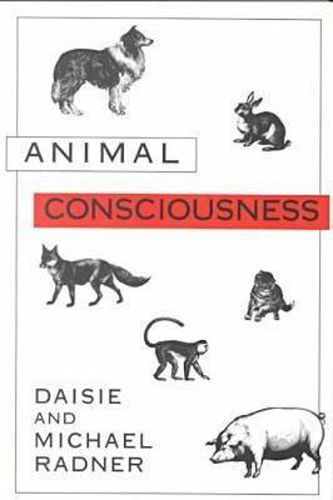Readings Newsletter
Become a Readings Member to make your shopping experience even easier.
Sign in or sign up for free!
You’re not far away from qualifying for FREE standard shipping within Australia
You’ve qualified for FREE standard shipping within Australia
The cart is loading…






Any intelligent debate on the ethical treatment of animals hinges on understanding their mental processes. The idea that consciousness in animals is beyond comprehension is usually traced to the 17th-century philosopher Ren. Descartes whose concept of animals as beast machines lacking consciousness influenced arguments for more than 200 years. But in reviewing Descartes’ theory of mind, Daisie and Michael Radner demonstrate in Animal Consciousness that he did not hold the view so frequently attributed to him. In fact, they contend that Descartes distinguished two types of consciousness, which make it easier to discuss the conscious experiences of animals and to trace the debate into the post-Darwinian era.
$9.00 standard shipping within Australia
FREE standard shipping within Australia for orders over $100.00
Express & International shipping calculated at checkout
Any intelligent debate on the ethical treatment of animals hinges on understanding their mental processes. The idea that consciousness in animals is beyond comprehension is usually traced to the 17th-century philosopher Ren. Descartes whose concept of animals as beast machines lacking consciousness influenced arguments for more than 200 years. But in reviewing Descartes’ theory of mind, Daisie and Michael Radner demonstrate in Animal Consciousness that he did not hold the view so frequently attributed to him. In fact, they contend that Descartes distinguished two types of consciousness, which make it easier to discuss the conscious experiences of animals and to trace the debate into the post-Darwinian era.